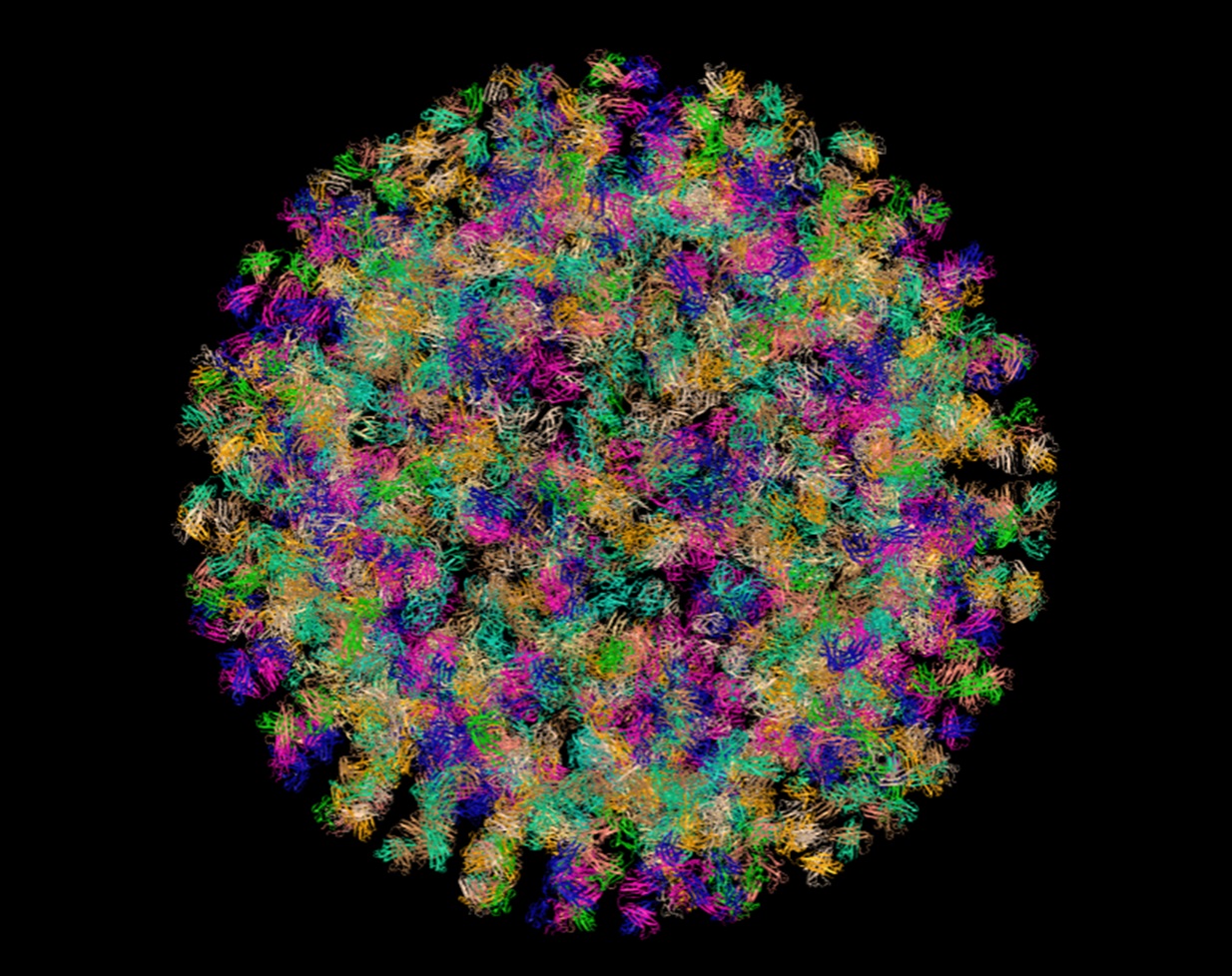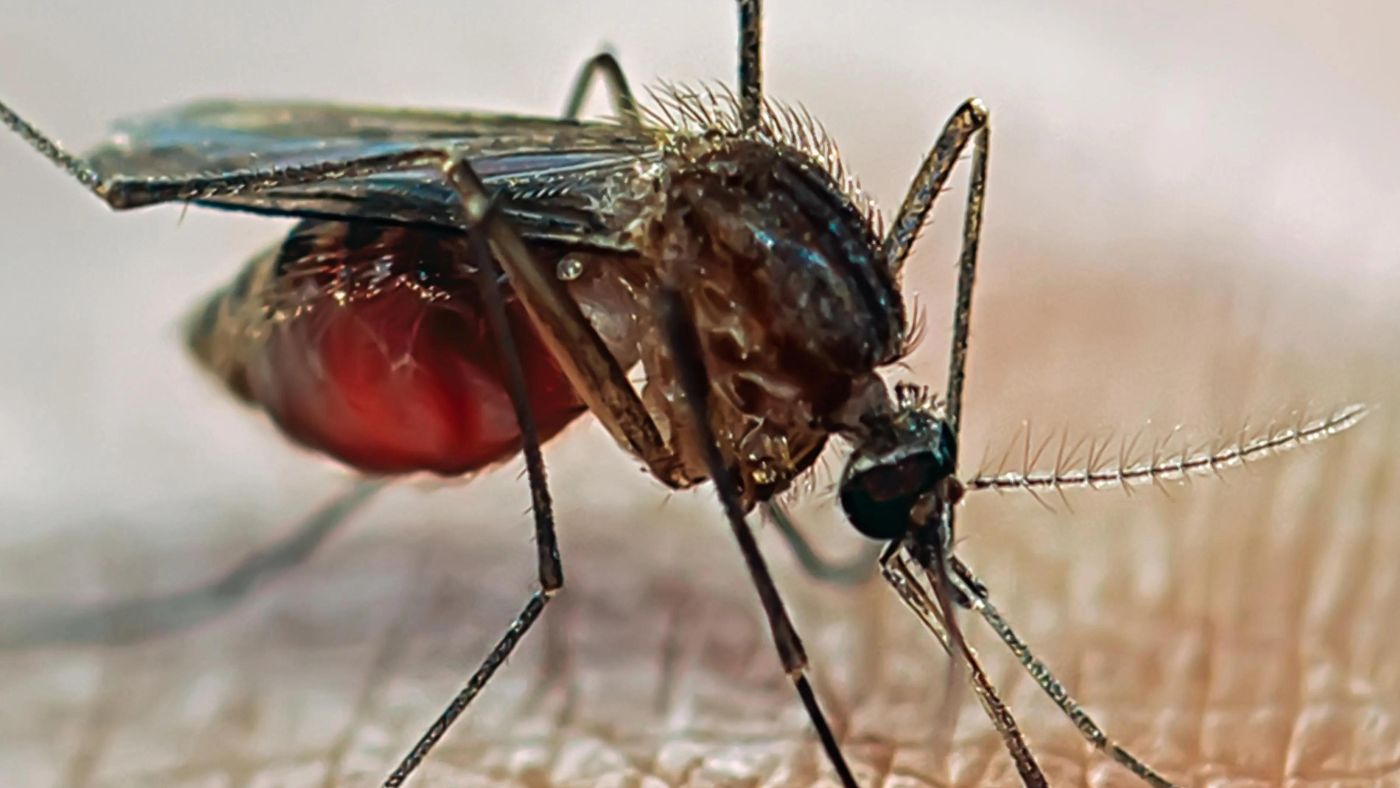A rare and deadly mosquito-borne disease that causes brain swelling in humans has been detected in Michigan, prompting state officials to urge residents to take precautions.
Mosquitoes in Bay County tested positive on Monday for Eastern Equine Encephalitis (EEE), a virus that caused a deadly outbreak in Michigan in 2019.
EEE is one of the most dangerous mosquito-borne diseases in the U.S., with a 33% fatality rate in humans. The virus is transmitted through the bite of an infected mosquito and can lead to brain swelling and infections.
Fewer than 6% of people bitten by mosquitoes carrying the virus develop EEE. However, for those who do, the illness can be rapid and severe.
Symptoms include headache, fever, chills, body and joint aches, vomiting, and tremors. Disorientation, seizures, coma, and death may follow.
The disease often causes brain inflammation, and survivors are frequently left with brain damage. The fatality rate for horses is 90%.
“This detection shows the virus is present in the environment and highlights the need to take precautions,” said State Veterinarian Nora Wineland in a news release Wednesday.

“Protect animals against mosquitoes by placing livestock in a barn under fans during peak mosquito activity (from dusk to dawn), eliminating standing water on one’s property, using an insect repellant on animals that is approved for the species, and contacting a veterinarian to vaccinate horses against EEE and other mosquito-borne diseases.”
According to the Centers for Disease Control and Prevention (CDC), an average of 11 human cases of EEE are reported annually in the U.S.
From 2012 to 2021, most human cases were reported in Michigan, Massachusetts, Florida, Georgia, and North Carolina.
Since 2003, Michigan has reported 22 human cases. Last year, no human cases were reported, but three were detected in domestic horses. One human case was reported in 2021, and four cases with two deaths occurred in 2020.
In 2019, Michigan experienced its worst outbreak in more than a decade, with 10 human cases and six deaths, leading health officials to urge the public to cancel outdoor events after dusk.
The best way to avoid EEE is to avoid mosquito exposure. The CDC recommends using mosquito repellent, wearing long sleeves and pants in wooded or swampy areas, and removing standing water from bird baths, flower pots, and other items that can hold water.
